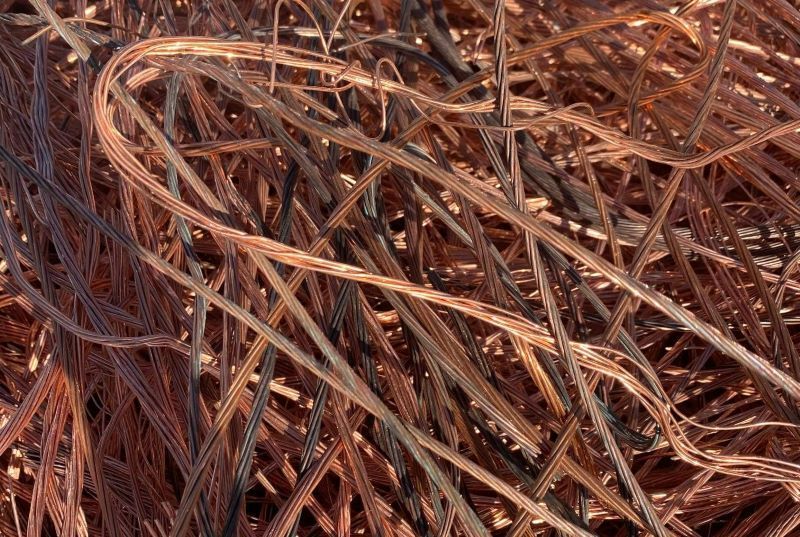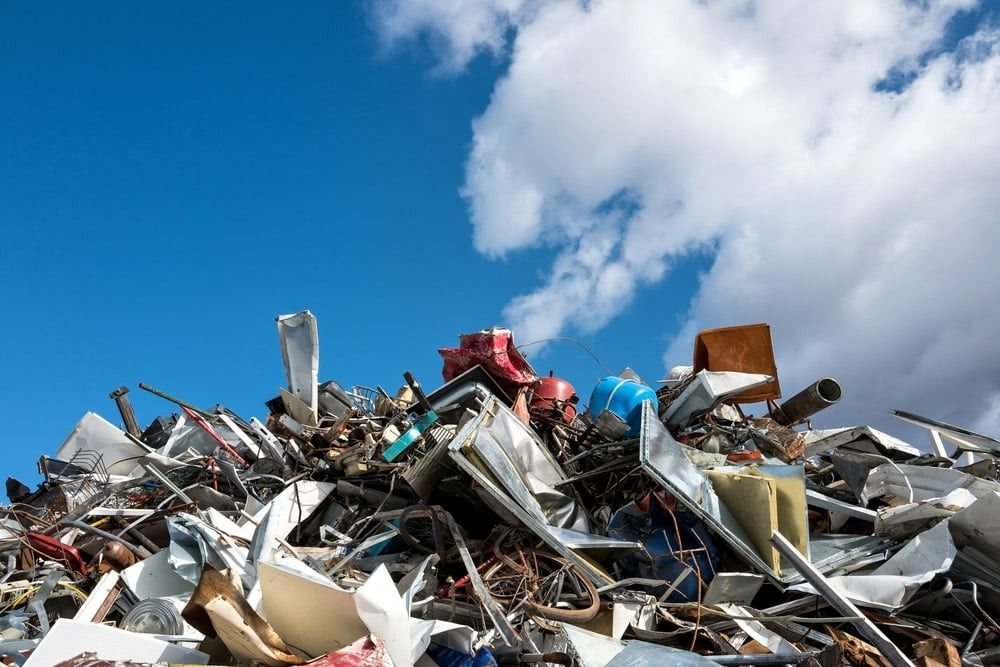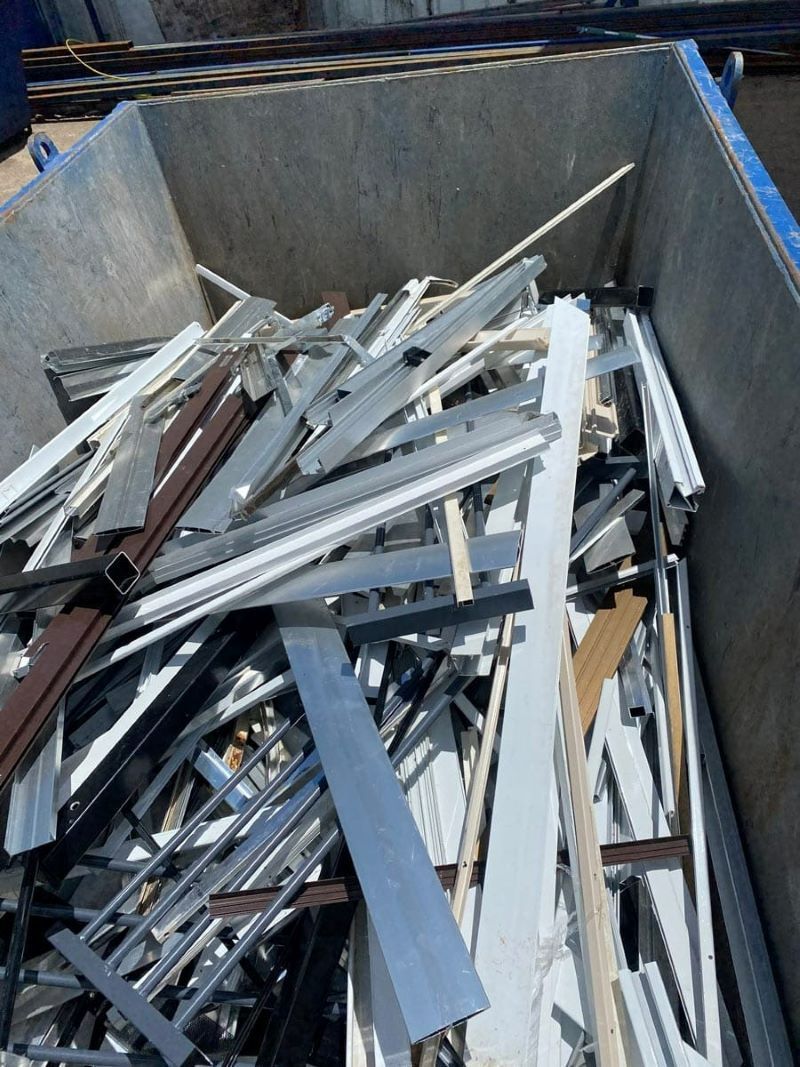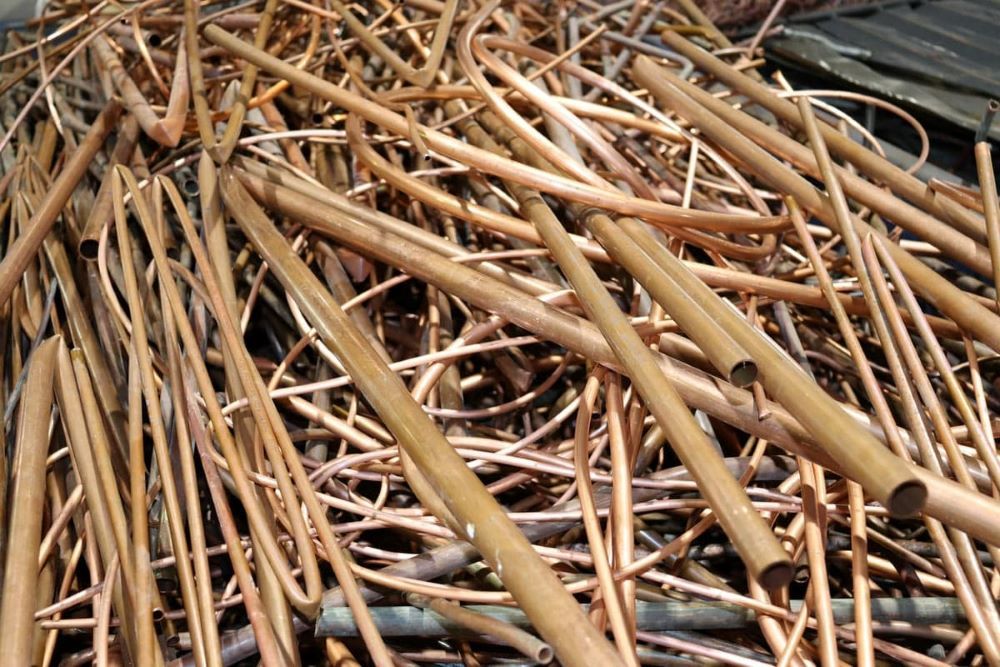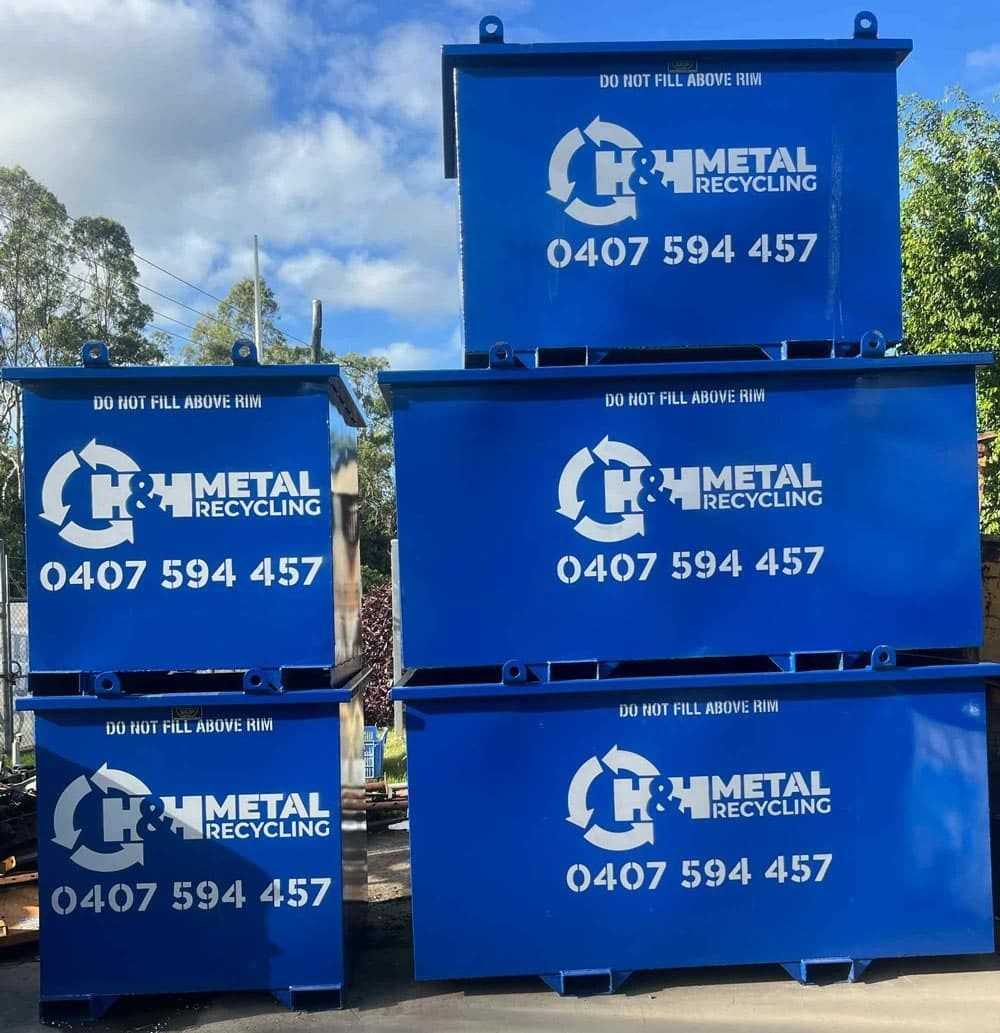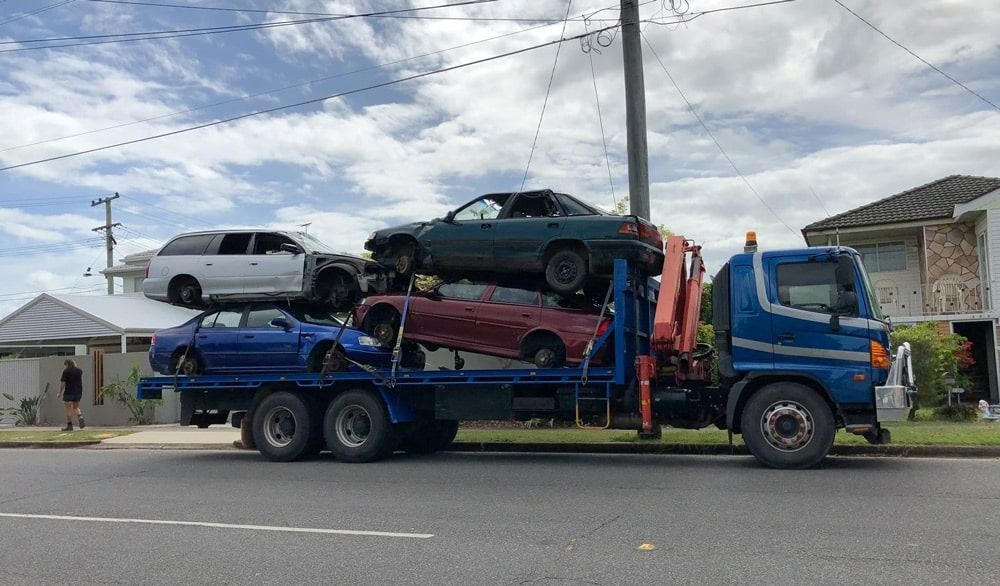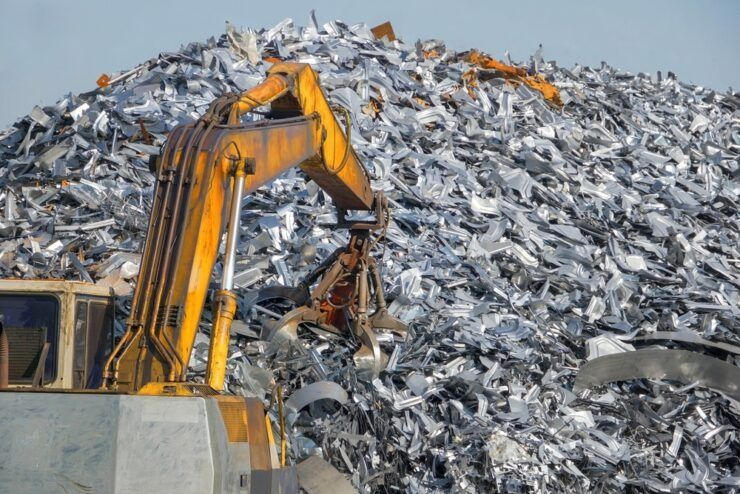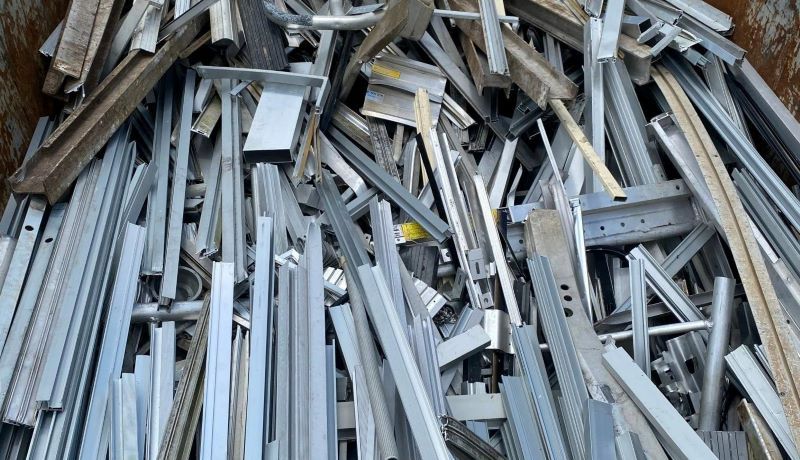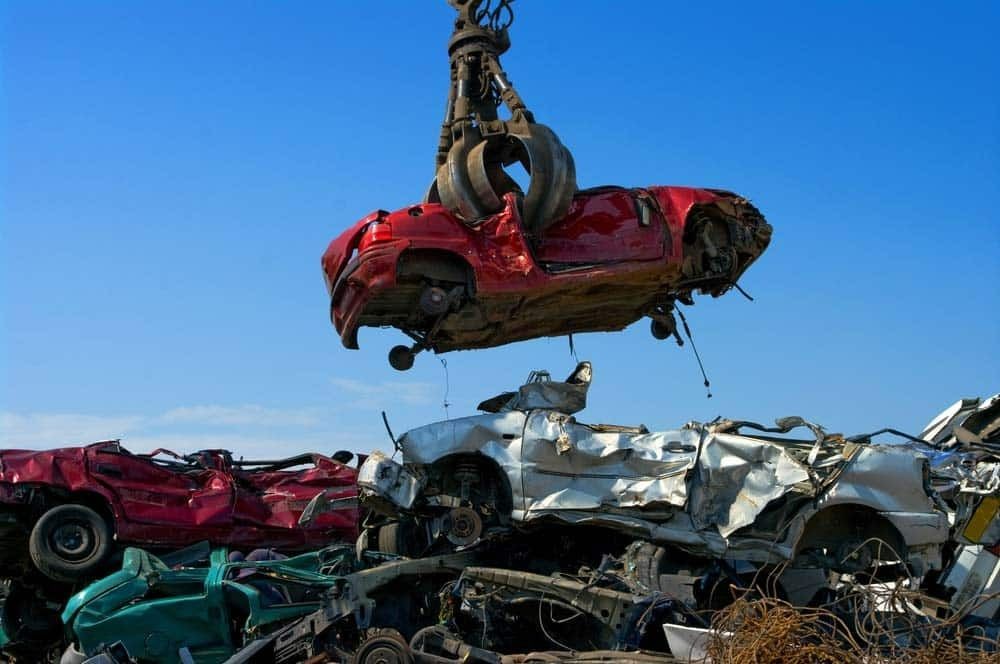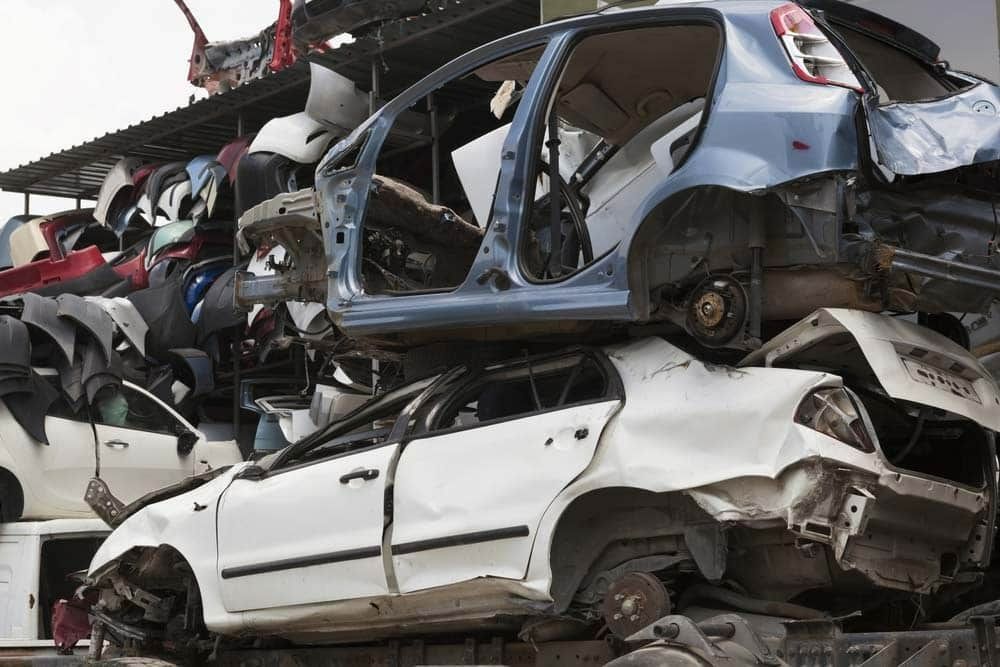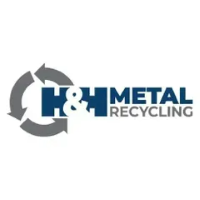10 Items That Cannot Be Scrapped
This is a subtitle for your new post
The body content of your post goes here. To edit this text, click on it and delete this default text and start typing your own or paste your own from a different source.
This is paragraph text. Click it or hit the Manage Text button to change the font, color, size, format, and more. To set up site-wide paragraph and title styles, go to Site Theme.
Scrap metal recycling is an excellent way to reduce waste, conserve resources, and even earn cash for scrap. However, not all materials can be processed at recycling centres. Some items contain hazardous substances, non-recyclable components, or legal restrictions that prevent them from being scrapped.
If you’re considering waste metal recycling on the Sunshine Coast, it’s essential to know which items cannot be accepted and why. This guide covers some of the most common non-scrapable materials and the best alternatives for disposal.
1. Pressurised Gas Cylinders & Tanks
Pressurised containers, such as propane tanks, oxygen cylinders, and fire extinguishers, pose serious safety risks at metal recycling facilities. Even if they appear empty, residual gas can cause explosions or leaks during processing.
Why They Cannot Be Scrapped:
- Pressurised gas can be dangerous if not handled properly.
- Some tanks contain hazardous chemicals.
- The metal cannot be processed unless the tank has been fully depressurised and certified as safe.
Disposal Alternative:
- Many gas suppliers and hardware stores offer take-back programs for old cylinders.
- Some local councils accept empty tanks at hazardous waste collection points.
2. Electronic Waste (E-Waste) with Non-Metal Components
Items such as televisions, computers, and mobile phones contain valuable metals, but they also have plastic, glass, and hazardous materials that require special recycling processes.
Why They Cannot Be Scrapped:
- Many electronics contain mercury, lead, and other toxic materials.
- Certain components, like circuit boards, require separate recycling methods.
Disposal Alternative:
- Drop off e-waste at designated electronic recycling centres.
- Some manufacturers offer trade-in programs for old devices.
3. Paint Cans & Chemical Containers
While metal paint cans may seem recyclable, those containing residual paint, chemicals, or solvents cannot be accepted at scrap yards. Leftover substances pose contamination risks and can be hazardous when processed.
Why They Cannot Be Scrapped:
- Paint and chemical residues can contaminate metal recycling processes.
- Hazardous substances can pose environmental and health risks.
Disposal Alternative:
- Allow leftover paint to dry completely before disposing of the can in general waste.
- Take old paint and chemical containers to hazardous waste collection centres.
4. Items Containing Asbestos
Asbestos was commonly used in construction materials, particularly in roofing, pipes, and insulation. Because it poses severe health risks, items containing asbestos are strictly prohibited from metal recycling facilities.
Why They Cannot Be Scrapped:
- Asbestos exposure can cause serious respiratory diseases.
- Asbestos-contaminated materials require special handling and disposal.
Disposal Alternative:
- Contact a licensed asbestos removal specialist for proper disposal.
- Never attempt to break or remove asbestos-containing materials yourself.
5. Household Appliances with Refrigerants
Refrigerators, air conditioners, and freezers contain refrigerants that must be removed before scrapping. These chemicals can be harmful to the environment if released improperly.
Why They Cannot Be Scrapped Without Processing:
- Refrigerants contribute to ozone depletion and climate change.
- Special handling is required to safely extract and dispose of harmful chemicals.
Disposal Alternative:
- Arrange for professional degassing before recycling metal components.
- Check if your local council offers appliance collection programs.
6. Contaminated Scrap Metal (Oil, Grease, or Rust)
Scrap metal covered in excessive oil, grease, or rust cannot be processed efficiently. Contaminants affect recycling quality and may damage machinery at recycling plants.
Why It Cannot Be Scrapped:
- Contaminated metal reduces the efficiency of recycling operations.
- Certain residues can pose environmental risks when melted down.
Disposal Alternative:
- Clean scrap metal before bringing it to a recycler.
- Heavily rusted metal may need to be discarded through waste collection services
7. Medical Equipment & Biohazardous Materials
Certain medical devices and hospital waste contain biohazards, radioactive materials, or sharp objects that cannot be safely processed at a standard metal recycling facility.
Why They Cannot Be Scrapped:
- Biohazards pose health risks to recycling workers.
- Radioactive materials require special handling and disposal procedures.
Disposal Alternative:
- Hospitals and medical facilities have dedicated disposal programs.
- Some manufacturers offer return and recycling options for medical devices.
8. Ammunition, Explosives, & Firearms
Live ammunition, firearms, and explosives are strictly prohibited from metal recycling due to obvious safety risks. Even decommissioned firearms require special handling.
Why They Cannot Be Scrapped:
- Ammunition and explosives can detonate unexpectedly.
- Firearms require proper legal procedures for disposal.
Disposal Alternative:
- Contact local police stations for firearm disposal programs.
- Drop off unused ammunition at designated firearm disposal sites.
9. Car Batteries & Lithium-Ion Batteries
While certain metal components of batteries can be recycled, most batteries contain chemicals and acids that make them unsuitable for regular scrap yards.
Why They Cannot Be Scrapped:
- Lead-acid and lithium-ion batteries contain hazardous chemicals.
- Improper disposal can result in leakage and environmental contamination.
Disposal Alternative:
- Take old batteries to battery recycling collection points.
- Many auto parts stores accept used car batteries for safe disposal.
10. Radioactive Metals & Waste
Radioactive materials are extremely dangerous and require specialised disposal methods. Even scrap metal that has been contaminated by radiation must be handled separately from general recycling.
Why They Cannot Be Scrapped:
- Exposure to radioactive materials poses serious health risks.
- Special facilities are required for safe containment and disposal.
Disposal Alternative:
- Contact nuclear or hazardous waste disposal authorities for guidance.
How To Properly Recycle Scrap Metal
Recycling scrap metal is an environmentally responsible way to reduce waste and repurpose valuable materials. However, not all metal items can be scrapped, and improper disposal can lead to environmental harm or legal issues. To ensure safe and efficient recycling, follow these steps:
- Check with your local recycling facility to confirm which materials are accepted before dropping off scrap. Different centres have specific guidelines based on metal type and condition.
- Use special waste collection services for hazardous or restricted items. Metals containing lead, mercury, or other toxic elements require specialised handling to meet safety regulations.
- Clean metal surfaces by removing oil, paint, and plastic coatings before recycling. Properly prepared metal improves processing efficiency and ensures higher-quality recycling.
By following these steps, you can ensure responsible scrap metal recycling while reducing environmental impact.
Looking For Waste Metal Recycling On The Sunshine Coast? Contact Us Today!
At H & H Metal Recycling, we accept a wide range of scrap metal and ensure that it is processed responsibly. If you’re unsure whether an item can be scrapped, give us a call today to discuss proper disposal options.
For professional waste metal recycling on the Sunshine Coast, contact us and get cash for scrap while keeping the environment clean.

